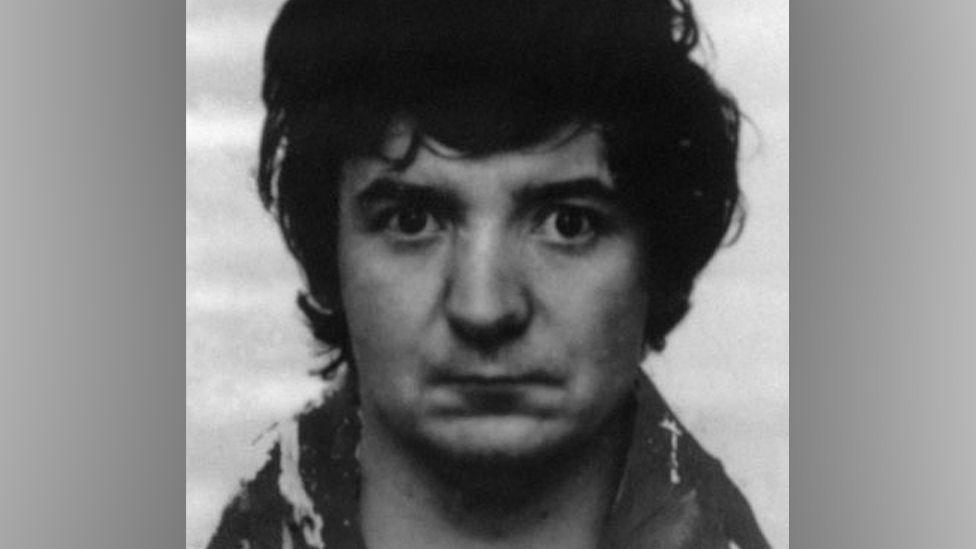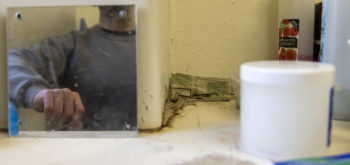A former Lord Chancellor has accused the Criminal Cases Review Commission (CCRC) of being responsible for delaying the quashing of the conviction of a man who has served 38 years in prison for murder by ‘at least’ 11 years. Peter Sullivan had his conviction overturned by the Court of Appeal earlier this week after new DNA evidence emerged in a case that has been called the longest miscarriage of justice of a living prisoner. His exoneration comes 16 years after he first applied to the watchdog.
In an interview with BBC Radio Four‘s Today program yesterday, Lord Charlie Falconer talked about an ‘horrific trio’ of miscarriages of justice beginning with the overturning of the conviction of Victor Nealon in 2014, Andrew Malkinson in 2023 and Peter Sullivan last week. The Nealon case has featured extensively on the Justice Gap – he spent 17 years in prison for an attempted rape that he did not commit before having his conviction overturned on the production of DNA evidence pointing to another perpetrator. He served an extra 10 years post-tariff because he protested his innocence and called on the police and CCRC to pursue DNA testing since he was arrested – see our 2015 interview here.
His case has disturbing echoes of the Malkinson case, not least as both were rejected twice by the CCRC. In 2024, the watchdog announced that it would re-examine almost 5,500 previously rejected cases to see if DNA breakthroughs could be made following Chris Henley QC’s review of the commission’s mishandling of Malkinson case.
‘My complaint about the CCRC is that they would’ve been aware from the Nealon case that there were a number of cases that they had previously rejected because the testing was not adequate. They needed to look at them again and they didn’t start the process until 2024,’ Lord Falconer told the BBC yesterday. The testing technique used to obtain the new DNA evidence in the Sullivan case was pioneered in 2012 and in widespread use by 2015. ‘Why were no steps taken until 2024 to look at the maybe 1,600 cases of rape or murder where there was an issue about identity when this new test was available or a test that gave more accurate results,’ the Labour peer continued. ‘It’s absolutely horrific that Mr. Sullivan spent 11 years at least in prison when the new test had become available and could have exculpated.’ Falconer called the CCRC ‘unled and generally regarded as useless’.
James Burley, who led APPEAL’s investigation into the case of Andrew Malkinson, wrote a sceptical article about the CCRC’s 2024 post-Henly review of the DNA cases for the Justice Gap (‘The CCRC’s re-examination of thousands of cases isn’t enough to restore confidence’). ‘The CCRC case review manager who initiated DNA testing in response to Mr Sullivan’s second application deserves real credit, but searching questions should be asked about whether the DNA breakthrough could have been achieved years sooner,’ he told the Justice Gap yesterday. ‘The CCRC’s appalling mishandling of Victor Nealon should have prompted it to undertake a thorough review of all cases where it had previously refused to undertake DNA testing, including to see if technological advances could make a difference. This kind of proactive approach is perfectly compatible with the CCRC’s founding legislation, which does not require an application to be pending for it to investigate a case.’
Mr Burley added: ‘Unfortunately, for too long the CCRC has had a culture of incuriosity, for which people Andrew Malkinson have paid an awful price.’
According to the CCRC, Peter Sullivan applied to the CCRC in 2008 questioning DNA evidence. Experts from the Forensic Science Service advised at the time that any further testing would be very unlikely to produce a DNA profile. Mr Sullivan’s case was not referred to the Court of Appeal. ‘The techniques used in the testing that led to Mr Sullivan’s case being referred were not available at the time of his first application,’ the CCRC explained. ‘Alternative techniques available at the time could have been attempted but it is impossible to say whether they would have produced the result that the modern ones have. Using those techniques at the time might have reduced the opportunities to obtain results using modern techniques.’
When Peter Sullivan applied to the CCRC in 2008 he still had the option to apply directly to the Court of Appeal as he had not applied previously. He sought leave to appeal directly in 2019, without the support of the CCRC, but this was rejected by the Court of Appeal in 2021. A CCRC spokesperson said on Wednesday this week: ‘As the Court of Appeal heard today, the new DNA evidence that has led to Mr Sullivan’s conviction being quashed could not have been available when we first considered his case, and that the decision made then not to send this case back to the courts in 2008 was the correct one.’
‘However, we do regret that we were not able to identify Mr Sullivan’s conviction as a potential miscarriage of justice in our first review,’ the spokesman continued. ‘During Mr Sullivan’s application to the CCRC in 2021, we decided to re-visit DNA testing to see if a profile could now be established. The scientific techniques that we relied on in this review were not available at the time of our first review.’







